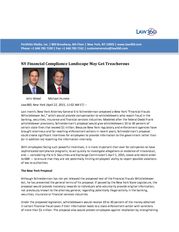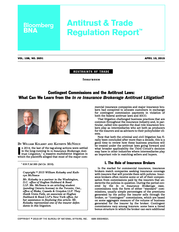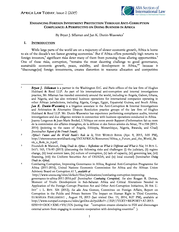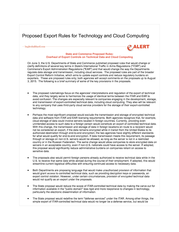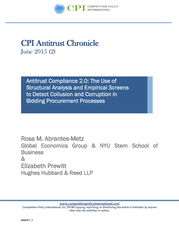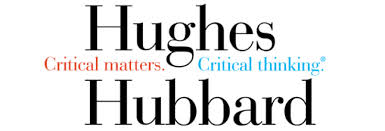Description
[1] Order Instituting Cease-and-Desist Proceeding, In the Matter of KBR, Inc., Admin. Proceeding No. 316466 (Apr. 1, 2015) (Exchange Act Rel.
No. 74,619). [2] Id. at ¶ 6. [3] Exchange Act Rule 21F-17. [4] Maryland False Claims Act, S.
374 (2015). [5] Cal. Lab. Code § 1102.5(b). All Content © 2003-2015, Portfolio Media, Inc. .
No. 74,619). [2] Id. at ¶ 6. [3] Exchange Act Rule 21F-17. [4] Maryland False Claims Act, S.
374 (2015). [5] Cal. Lab. Code § 1102.5(b). All Content © 2003-2015, Portfolio Media, Inc. .

